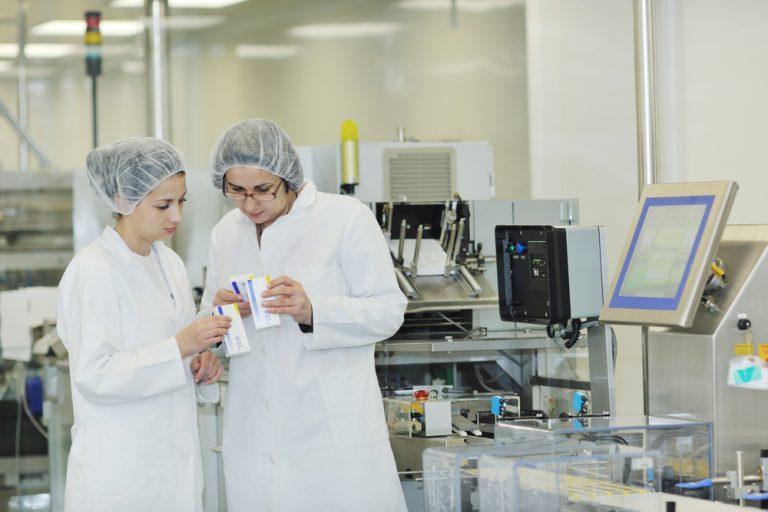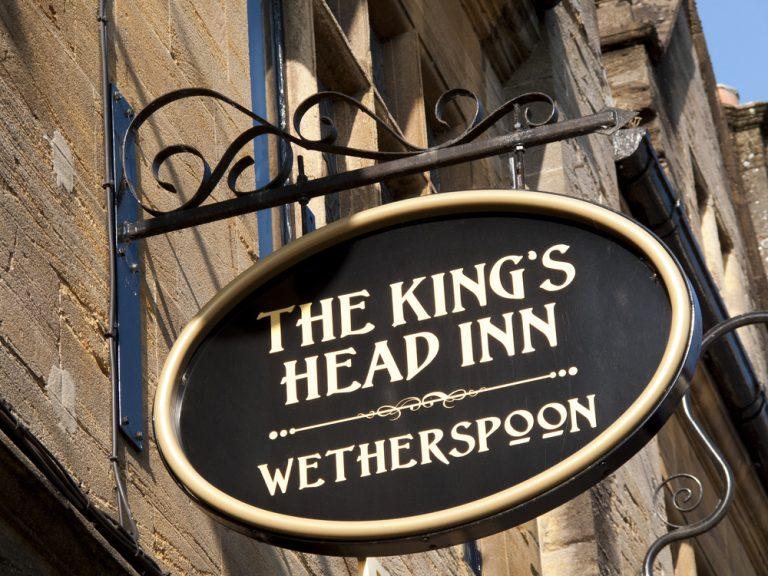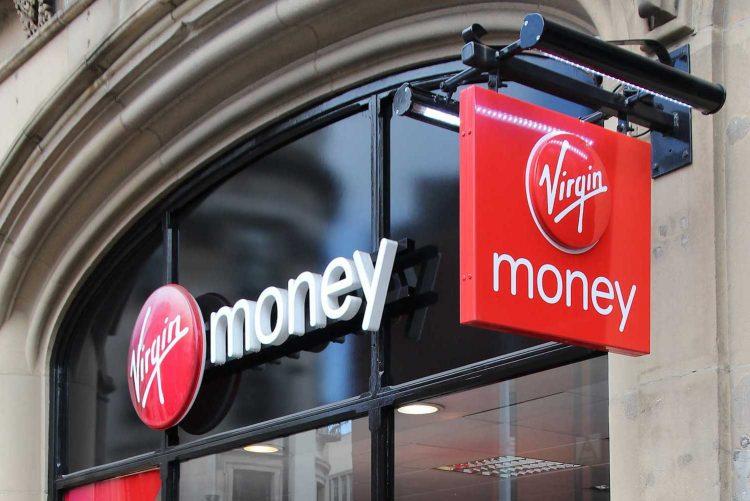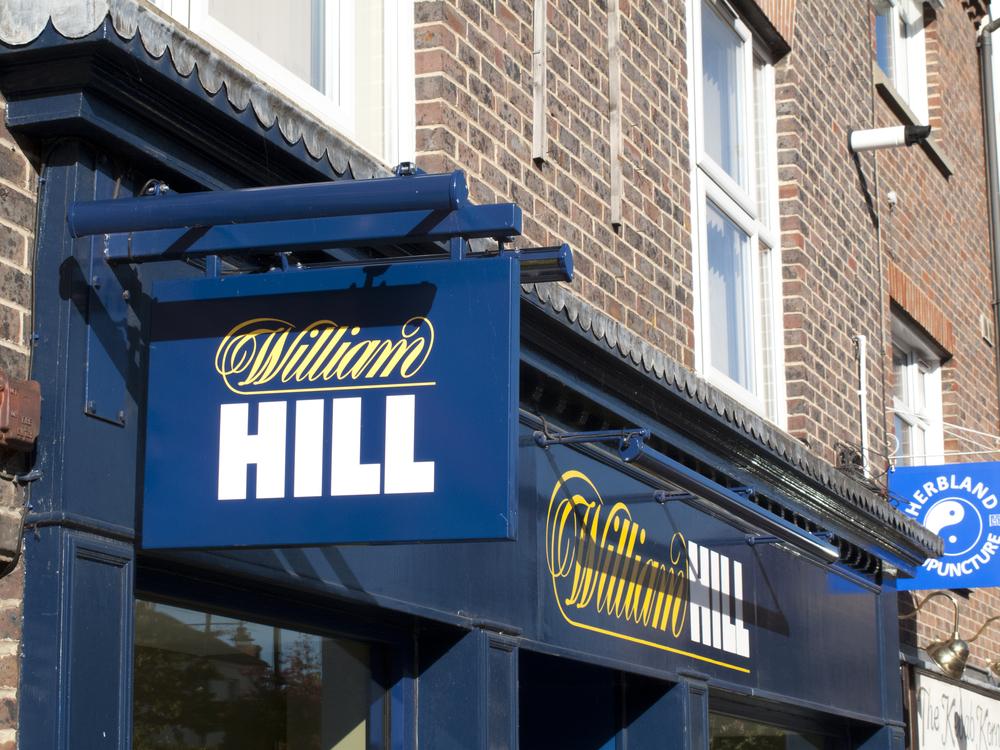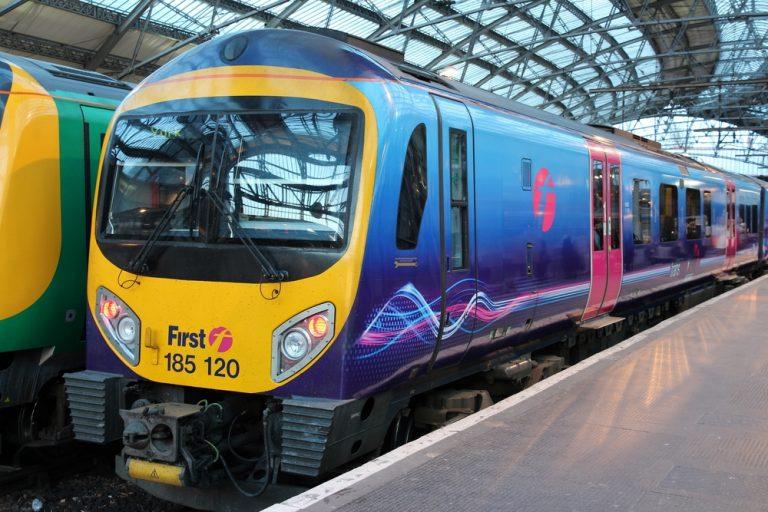Renishaw shares rise on strong trading update
Healthcare technology group Renishaw (LON:RSW) saw shares rise nearly 7 percent at market open on Wednesday, after reporting a positive trading update for the first nine months of the year.
Revenue from continuing operations for the first three quarters of the current financial year came in at £429.9 million, up 11.9 percent on the same period last year. Underlying growth at constant exchange rates stood at 16.4 percent, with the group seeing strong growth in all regions.
Revenue in Renishaw’s healthcare business increased by 5.9 percent at constant exchange rates, hitting £23.3 million. The group’s overall balance sheet remains strong, with net cash balances of £91.2 million as at 31st March 2018.
Adjusted profit before tax from continuing operations rose for the first three quarters to £97.6 million, with a restated adjusted profit before tax of £70.1 million for the corresponding period last year.
Despite giving a nod to the current uncertain economic conditions, the Board said it remains confident in the future prospects of the group. Full year revenue is likely to be between £575 million and £605 million and adjusted profit before tax between £127 million and £147 million.
Renishaw shares are currently trading up 6.669 percent at 5,070.00 (0836GMT).
Greggs shares plunge 20pc as sales are hit by adverse weather
UK’s largest bakery chain Greggs (LON:GRG) warned on outlook for the full-year, after sales in the first quarter were hit by adverse weather conditions and low footfall.
Shares plunged nearly 20 percent at market open, after the group said it was uncertain about reaching full year targets due to a slower pace of sales in the first 18 weeks of the year. Total sales to the 5th May 2018 grew by 4.7 percent, almost half the 7.4 percent growth seen in the same period a year ago.
The group attributed the fall to “weak customer footfall in retail locations, which has impacted demand for food-on-the-go”, which was “especially significant in the weeks of severe weather when many shops, including our own, could not be opened”.
Like-for-like sales in company-managed shops grew by 1.3 percent over the same period, also slower than the 3.5 percent growth seen last year.
However, the group said “good progress” had been made with investments in its supply chain.
Looking forward, Greggs said: “Taking into account trading conditions in the year to date, and our more cautious outlook, we currently believe that underlying profits for the year are likely to be at a similar level to last year.”
Shares in Greggs are currently trading down 18.71 percent at 1,030.00 (0827GMT).
JD Wetherspoon report weak sales growth due to bank holiday timing
Sales at pub chain JD Wetherspoon (LON:JDW) grew at a weaker pace than expected in its third quarter of the year, affected by the timing of the May bank holiday.
The group announced a like-for-like sales increase of 3.5 percent, with total sales up 2.8 percent over the 13 period to 29 April 2018. However, in the same quarter last year sales were markedly higher, up 6 percent. The group attributed the fall to the timing of the early May bank holiday, which was included in the third quarter last year but not this year, which reduced 0.5 percentage points.
Wetherspoons also said that it faces “significant cost increases in the second half in areas which include labour, business rates and the sugar tax.”
It added: “We continue to anticipate a trading outcome for this financial year in line with our previous expectations.”
Since the start of the financial year the company has opened five new pubs and sold 19, and expects to open one further pub in the next quarter. The company believes the market value of its pub estate remains comfortably above the net book value.
Net debt at the end of the quarter was £754 million and is expected to be around £740 million at the end of the financial year.
Shares in JD Wetherspoon are currently up 0.85 percent at 1,192.00 (0818GMT).
Compass Group shares fall at open as pre-tax profit plunges
Catering giant Compass (LON:CPG) saw shares sink over 2 percent at market open, after rising costs led to a 5 percent drop in profit in the first half of the year.
2018 first half pre-tax profit fell 4.7 percent to £792 million, with revenue down 0.8 percent to £11.4 billion. Its operating margin fell 10 basis points to 7.5, with operating profit also falling 2.7 percent to £853 million.
However, the group continued to perform strongly in the US, with constant currency revenue in the region rising 9.3 percent.
‘North America continues to make excellent progress with broad-based growth across sectors. Performance in Europe was mixed, with good growth in the UK, offset by subdued trading in Continental Europe,’ the firm said.
Sales in Europe increased by 0.5 percent, driven by good growth in the UK, with revenue in the rest of world growing by 3.4 percent.
Compass declared an interim dividend a share of 12.3 pence, up by 9.8 percent from the prior year. The company also confirmed its first quarter guidance, in which it said that it would be above the midpoint of its organic-growth target range of between 4 and 6 percent in the full year.
Shares in Compass group are currently trading down on the news, down 2.59 percent at 1,542.00 (0810GMT).
CYBG makes Virgin Money £1.6bn takeover offer
The owner of Yorkshire Bank and Clydesdale Bank has confirmed that it is in talks with Virgin Money (LON: VM) for a potential merger.
The merger between the banks would create the largest “challenger bank” and provide services for six million personal and business customers.
In a statement to the London Stock Exchange, Virgin Money confirmed a “preliminary and conditional proposal” from CYBG (LON: CYBG) that is worth approximately £1.6 billion.
If the deal goes ahead, Virgin Money will own 36.5 percent of the group.
CYGB has said that the proposal “provides the Virgin Money shareholders with an attractive up-front premium and the opportunity to participate in the continuing progress of the combined group”.
“CYBG recognises the strength and appeal of the Virgin Money brand. Our proposal would ensure that the Virgin Money brand would play a significant role in the combined group, subject to reaching agreement with Virgin Group,”
“The combination would create the UK’s leading challenger bank offering both personal and SME customers a genuine alternative to the large incumbent banks”.
Virgin Money is reviewing the proposal and said there is no guarantee that a formal offer will be made.
Following the news, Virgin Money shares increased by 7.7 percent to 336.6p. CYGB shares rose one percent to 321.4p.
CYBG will have to make a formal offer or withdraw its offer by June 4.
Thomas Moore, investment director for UK equities at Aberdeen Standard Investments, told the BBC’s Today programme: “The big mainstream banks have got huge cost advantages and it is important that there is strong competition for customers and this kind of deal will help ensure that.”
“If you have too many small lenders… without the scale economies that the likes of Lloyds and RBS has, then you’ll find that the competitive environment is too tilted in favour of those big mainstream banks.”
William Hill results mixed, despite strong online growth
William Hill (LON:WMH) delivered strong growth in its online business in the 17 weeks to April 24th, boosted by a “sustained period of bookmaker-friendly sporting results”.
The group recorded a 3 percent growth in net revenue, driven by its online offering and a pickup in the US.
In the UK online net revenue rose 12 percent, with Sportsbook up 17 percent and gaming up 8 percent. Retail fared less well, with net revenue down 4 percent due to a with 9 percent fall in Sportsbook and flat gaming figures.
The group confirmed that performance is in line with market expectations for 2018, assuming normalised gross win margins.
CEO Philip Bowcock commented: “William Hill has had a positive start to 2018, making further progress against our strategic priorities to grow UK market share, drive international revenues and deliver key transformation projects.
“Continued momentum in Online and strong growth in the US have driven a good performance during the period.
“In the UK, an unprecedented run of bookmaker-friendly sporting results led to unusual wagering and gaming trends, which we expect to normalise over time.
“The sale of our Australia business has further strengthened our balance sheet.
“While we await the outcome of the UK Triennial Review and the Supreme Court’s decision on US sports betting legislation, we remain focused on continuing to deliver a great customer experience, particularly ahead of this summer’s World Cup.”
Shares in William Hill are trading flat, currently down 0.0072 percent at 278.70 (0914GMT).
FirstGroup shares sink 12pc after Apollo withdrawal
Shares in transport group FirstGroup (LON:FGP) sunk 12 percent on Tuesday morning, after private equity firm Apollo Management said they wouldn’t be making an offer for the company.
The group released a statement following on from the one made on the 11th April, where they outlined making a possible offer for FirstGroup, confirming “on its own behalf and on behalf of the Apollo Funds, that neither it nor the Apollo Funds intends to make an offer to acquire FirstGroup”.
Shareholders in FirstGroup will be disappointed about the news, with several of them urging Apollo to make an offer because the transport company needs a “fresh face at the helm”.
FirstGroup operates in both the UK and the US, where it owns the famous Greyhound bus network. In the UK it runs bus services and the South Western rail line.
Apollo, who had $249 billion in assets under management at the end of 2017, has made a number of investments in the UK in the past, taking on jewellery retailer Claire’s and lending a hand to estate agent Countrywide.
Shares in FirstGroup (LON:FGP) are currently trading down 9.78 percent at 100.15 (0905GMT).
Hiscox shares edge up on 20pc rise in premiums
Specialist insurer Hiscox (LON:HSX) saw shares rise marginally at market open, after reporting a 20.4 percent rise in gross premiums.
Gross written premiums grew by 20.3 percent in constant currency to $1,155.8m in the first three months of the year to 31 March, but it added that growth in the ‘big-ticket’ business would be more measured for the rest of the year.
Hiscox Retail division continued its good momentum, with the firm benefitting from the subsidence of price declines seen last year in reinsurance. The firm’s US portfolio saw the most movement, with prices up 9 percent on average. Mid-year renewals in June and July are expected to see limited rate improvement.
“After a costly year for catastrophes in 2017, our London Market and reinsurance businesses mobilised quickly to grasp the opportunity and grew strongly. Sadly, discipline and good sense is receding in the market, so for the rest of the year growth in big-ticket business will be more measured,” said Bronek Masojada, Group CEO.
Hiscox (LON:HSX) are an international insurance company, specialising in niche areas including property and other insurance for high net worth individuals. Shares in Hiscox are currently up 0.33 percent at 1,513.00 (0852GMT).
Takeda and Shire confirm takeover agreement
Japanese pharmaceutical firm Takeda has reached an agreement with rival Shire for a £46 billion takeover, after several previous offers were declined earlier this month.
Under the terms of the acquisition, each Shire shareholder will receive $30.33 for each Shire share and either 0.839 new Takeda shares or 1.678 Takeda ADSs. The acquisition terms imply an equivalent value of £48.17 per Shire share.
Up to three Shire directors are set to join the board once the acquisition is completed, and the takeover will take effect from the first half of 2019.
Takeda said it hopes the deal will create a global, values-based, R&D driven biopharmaceutical leader incorporated and headquartered in Japan and strengthen its core therapeutic areas.
Shire chief executive Flemming Ornskov said: “I would like to thank the entire Shire team for all that we have accomplished over the last five years to transform Shire into the leading rare disease biotech company and a tenacious champion for patients in need.
“I am confident that this relentless focus will enable us to continue delivering against our priorities throughout this process.”
Shares in Shire (LON:SHP) are currently trading up 2.85 percent, at 3,966.00 (0831GMT).
Oil prices hit a four year high ahead of Iran deadline
The price of oil hit a new high on Monday, with the benchmark surpassing $70 a barrel.
Oil prices rallied to a high that has not seen since 2014, primarily driven by troubles in Venezuela and concerns over the US reimposing sanctions in Iran.
Donald Trump’s decision over whether the US will withdraw from a 2015 international agreement with Iran is due May 12.
The US President has not confirmed what he will decide by May 12 but has suggested plans to withdraw, saying that the accord is “a horrible agreement for the United States.”
“That doesn’t mean I wouldn’t negotiate a new agreement,” he added.
The head of research for the Middle East and North Africa region at MUFG bank, Ehsan Khoman, said: “There is some scope for profit-taking now that prices are at 42-month highs but that is been overshadowed by the potential re-imposition of sanctions on Iran.”
Ole Hansen, head of the commodity strategy at Saxo Bank A/S in Copenhagen, said: “The market at this stage is pricing in the US stepping away from the nuclear deal, so it’s allowed the risk premium to build even further. If Trump should decide either to postpone or go for a surprise renegotiation of the deal, the oil price could slump by $5 quite easily.”
Iran’s President, Hassan Rouhani, said that if the US is to leave the agreement it will “entail historic regret”.
“We have plans to resist any decision by Trump on the nuclear accord,” the President said.
“Orders have been issued to our atomic energy organisation … and to the economic sector to confront America’s plots against our country. America is making a mistake if it leaves the nuclear accord. If America leaves the nuclear accord, this will entail historic regret for it.”
In the lead up to Trump’s decision, Boris Johnson has travelled to the US to urge the President to not scrap the deal.
Brent Crude was 1.14 percent and reached $75.64 per barrel – the highest level since November 2014. U.S. West Texas Intermediate (WTI) crude futures increased by 85 cents to $70.57.

